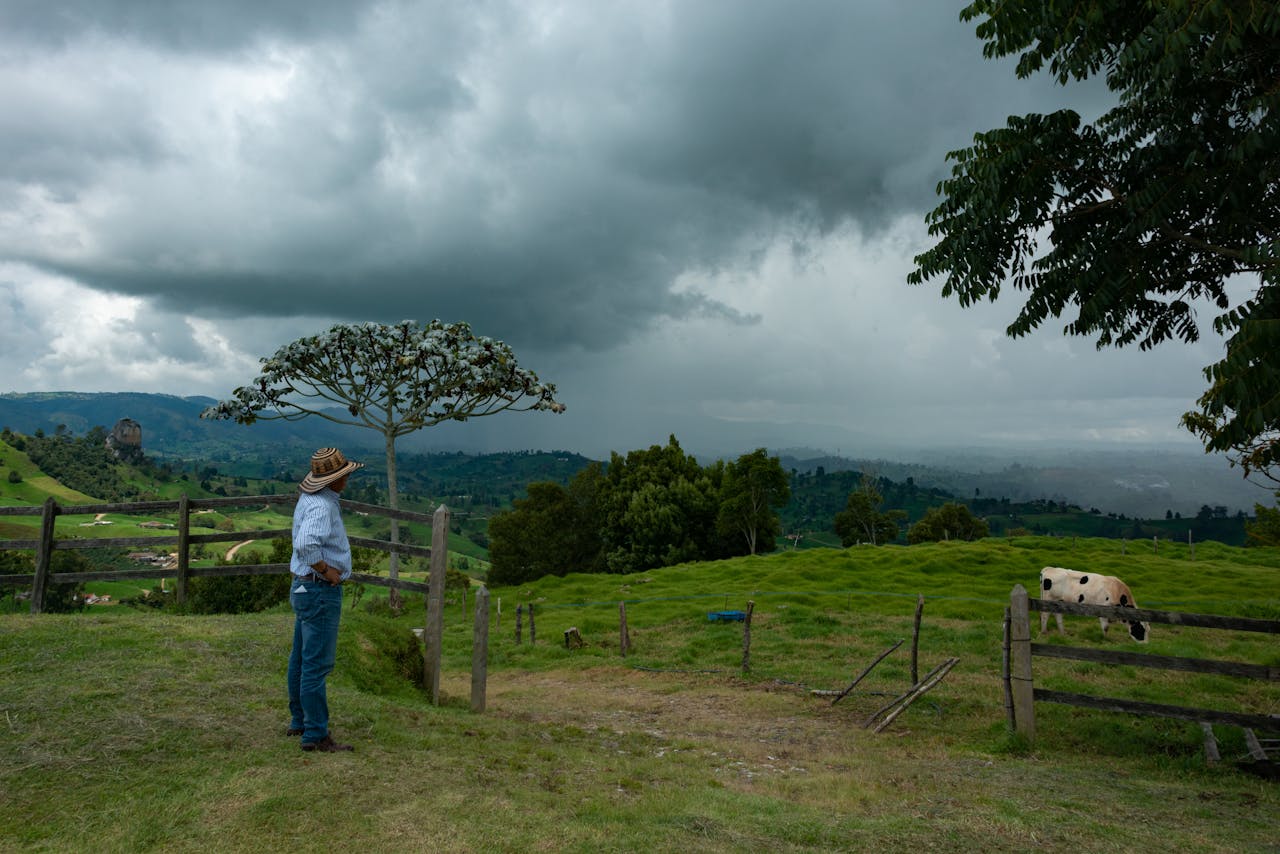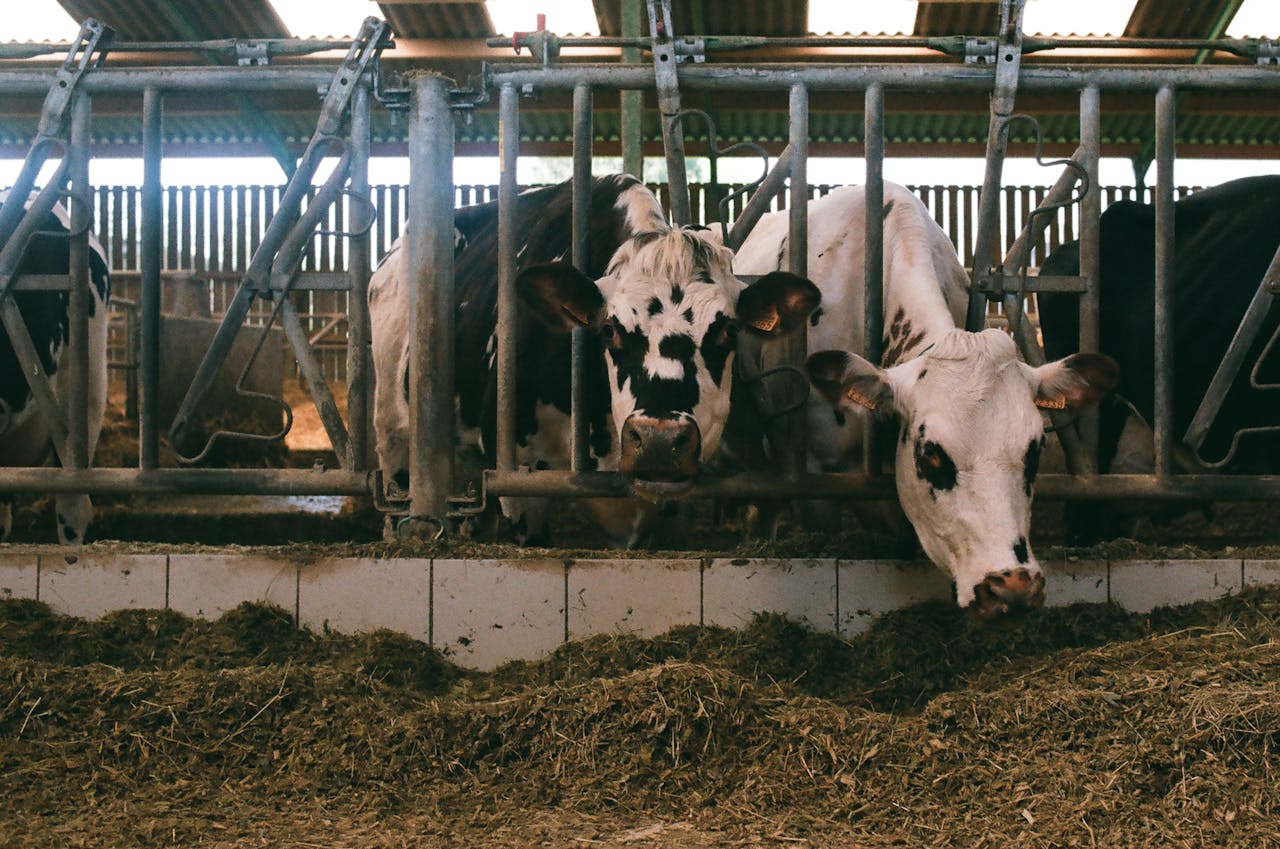Researchers at the University of Queensland have found local alternatives to imported soybean meal for chicken feed. A mix of canola, lupins, meat and bone meal, sunflower, and black soldier fly larvae can replace much of the soy without affecting meat or egg quality. The breakthrough offers a greener, more resilient, and cost-effective option for the poultry industry.
Global soy production
About 90% of soybeans are produced in just 5 countries, namely Brazil, the US, Argentina, China and India. Australia currently imports 1.2 million tonnes of soybean meal annually to feed commercial chickens.
Import reliance challenges
“Australia relies on imported soybean meal making the industry vulnerable to tariffs, pandemics and it creates an exorbitant amount of greenhouse gases,” said Dr Elham Assadi Soumeh, a senior lecturer in Animal Science and Production at the School of Agriculture and Food Sustainability. “It makes no sense to import soybean meal if there are Australian ingredients we could be using.”
Chicken consumption
She noted that the average Australian eats more than 50 kg of chicken each year with 70% of households consuming chicken twice a week. “We need to ensure we are able to keep feeding the country’s hunger for chicken and make sure Aussie producers are the ones providing that meat,” she added.
The menu’s new mix
Soumeh’s research found viable alternatives to soybean meal by adding crystalline amino acids to a mix of canola meal, lupin kernel meal, meat and bone meal, sunflower meal and black soldier fly larvae.
Black soldier fly larvae grown on food waste are an emerging alternative ingredient in animal feed with the potential to replace up to 30% of soybean meal in a balanced diet for broiler chickens, noted the university.
Advanced feed technology
“Advanced technologies have made it possible to produce crystalline amino acids via fermentation and we add them to alternative ingredients to make a balanced feed,” said Soumeh.
“Australia already grows more than enough canola to substitute soybean meal; we just need to process more here instead of exporting it.
Trial results
The team fed groups of chickens the different feed during a trial to measure their performance. “The alternate diets have no adverse effects on eggs or meat production, egg weight or quality, meat quality, or fatty acid content. This is a financially viable and green option and industry are interested,” she added.

